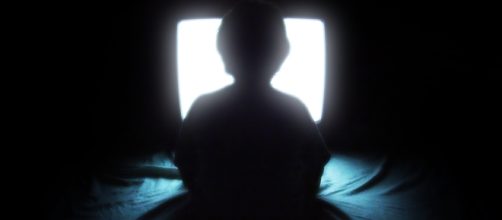A new study recently linked binge-watching to increased risk of insomnia, fatigue, and poor sleep quality. Researchers surveyed more than 400 young adults, asking them about their TV watching habits and their sleep quality at night.
The study came from The Journal of Clinical Sleep Medicine. In the abstract, the researchers pointed out that watching multiple episodes of on-demand television shows can excite viewers, decreasing their ability to sleep.
Hit television shows, especially the ones streamed online, are made with so much suspense and intensity that the suspense on these shows has the tendency to give viewers an increased cognitive alertness, therefore urging them to stay awake.
The recent study surveyed young adults, ages 18 to 25, asking them questions about their viewing habits and their sleeping behaviors.The respondents were asked how frequently they watch television shows from streaming devices. They were also asked about how often they binge-watch episodes, or how often they watch consecutive episodes of the same show in one sitting.
The findings
Researchers from the University of Michigan found out that many of the respondents who tagged themselves as binge-watchers shared that they feel more tired but stay more alert. Binge-watchers reportedly have a higher risk of getting poor sleep than those who watch these shows normally, TIME reported.
Around 20 percent of the binge-watchers stated in the study that they usually watch TV shows a few times every week.
More than half of the respondents stated that they can watch a maximum of four episodes in one sitting.
Episode after episode
The study also specified that regular television viewing, or watching the shows at a normal pace is not related to sleep issues, but are linked to them. Jan Van den Bulck, one of the authors of the research team pointed out that the links between watching TV and sleep are still being debated.
However, watching shows in consecutive episodes can wreck sleep quality among viewers, a report by Forbes stated. The authors emphasized that when an episode ends during binge-watching, a character might have been killed or an important plot in the story surfaces, hooking the viewers even more.
They added that television streaming is unlike social media where one can check photo updates and status updates that appear on their screens about an hour apart. They are not constantly peering at the screen when communicating with friends.


